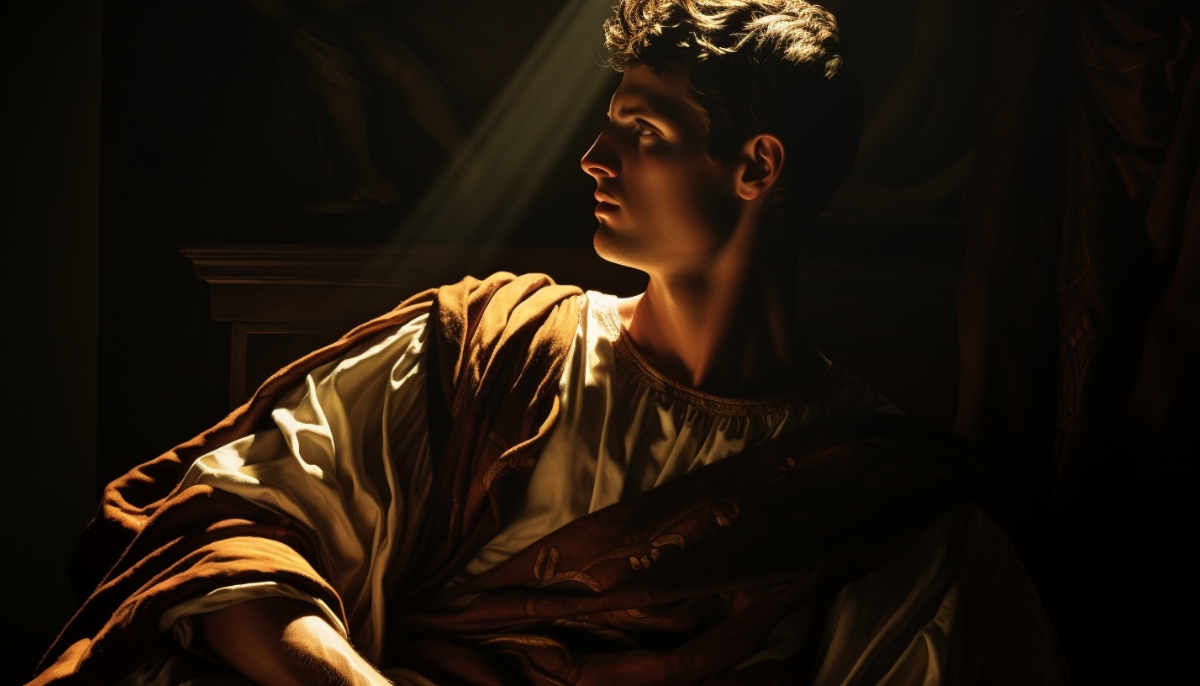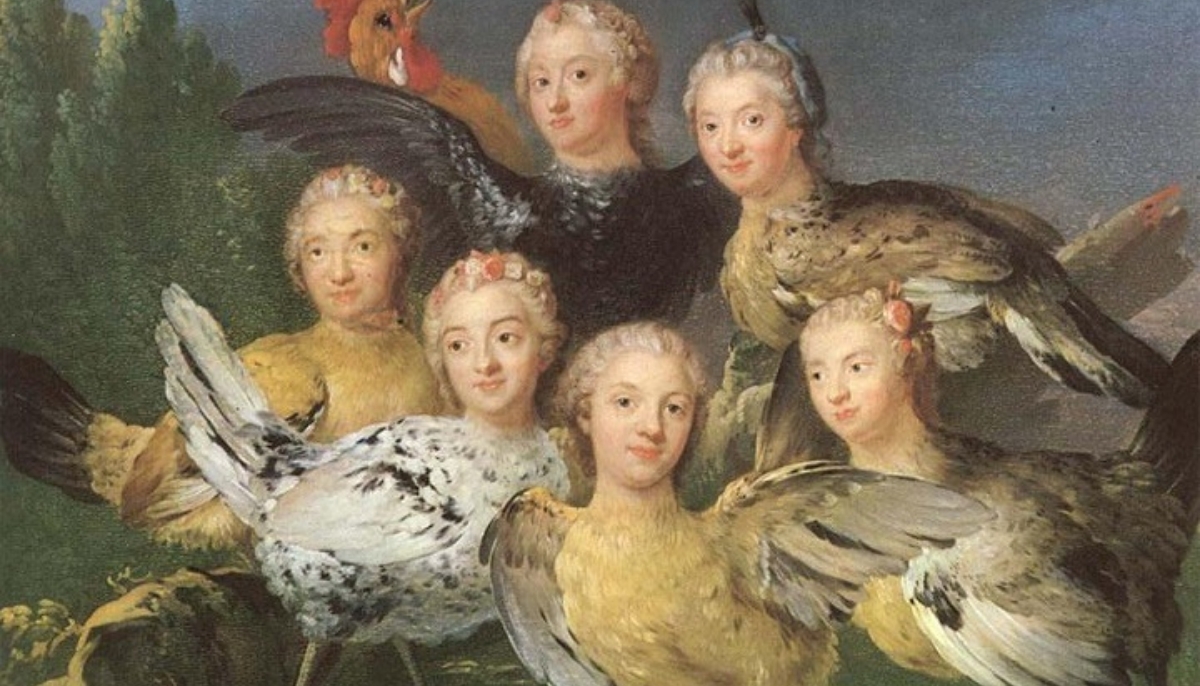Octavian, later known as Augustus, was a remarkable leader whose reign over Rome transformed the Republic into an Empire lasting over four centuries.
With countless accomplishments to his name, Augustus remains a towering figure in the annals of history.
This article will highlight his top ten achievements, showcasing his unparalleled vision and leadership that continue to inspire generations.
1. Augustus Defeated Mark Antony at the Battle of Actium
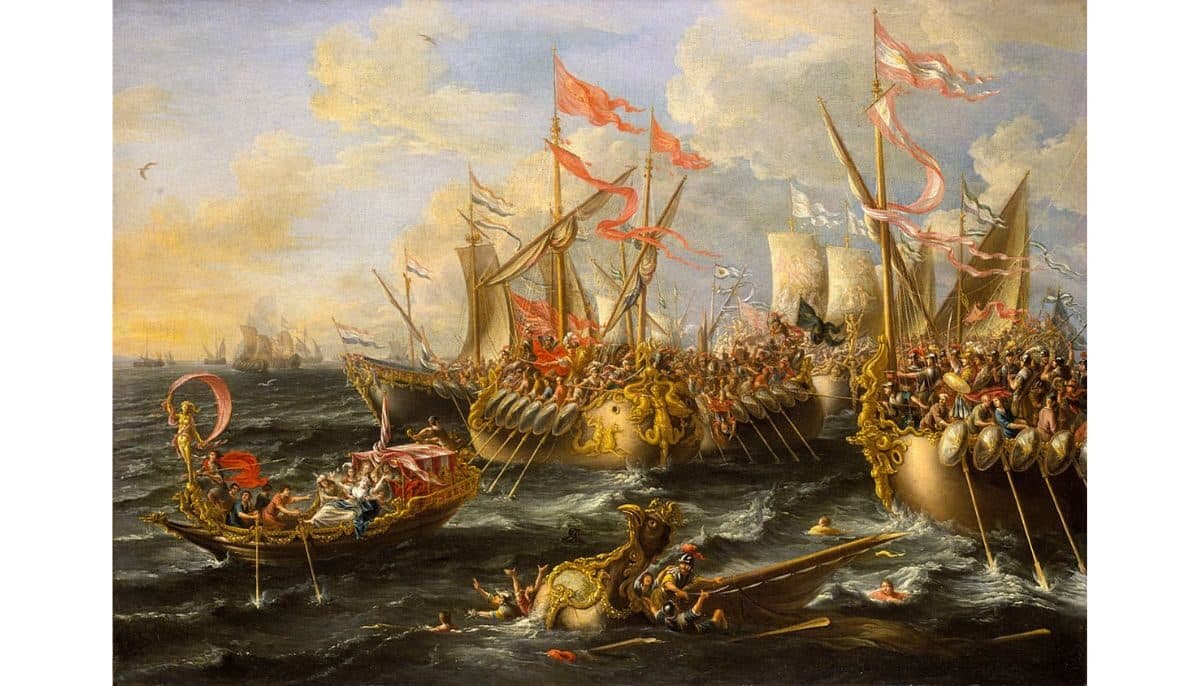
The decline of the Second Triumvirate had set the stage for a dramatic showdown between two of the most powerful men in Rome, Octavian, and Antony. As tensions between them mounted, it became clear that a conflict was inevitable. While Octavian held Rome, Antony had established a formidable power base in Egypt with his lover, the legendary Cleopatra.
The two sides finally clashed in a pivotal battle at Actium in 31 BC. Augustus emerged victorious in a stunning display of military prowess, shattering Antony’s forces and sending him fleeing to Alexandria with Cleopatra. Despite Antony’s plan to mount a final stand, his troops deserted him, leaving him and Cleopatra isolated and vulnerable.
Tragically, Antony and Cleopatra chose to end their own lives rather than face inevitable defeat and humiliation at the hands of Augustus. Their deaths marked the end of an era and cemented Augustus’ place as the undisputed ruler of Rome.
2. Augustus Founded the Roman Empire
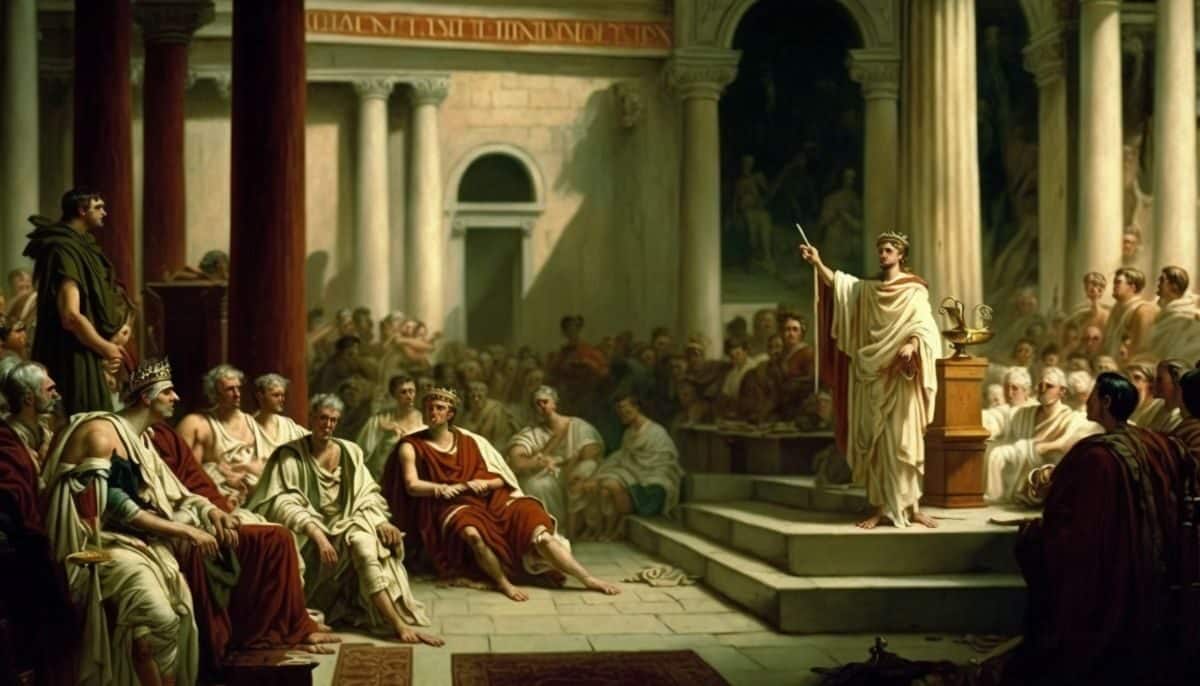
With Antony’s demise, Octavian had effectively vanquished all of his rivals, securing his place as the undisputed leader of Rome. However, rather than immediately seeking to establish himself as Emperor, Octavian took a strategic approach, preferring to maintain the illusion of the Senate’s authority.
This was a crucial step in ensuring stability in the early years of his rule, as it helped to quell any resistance from those who still harbored a desire to return to the old ways of the Republic.
Over time, it became increasingly clear that Octavian was the true power, with the Senate serving as little more than a rubber stamp for his decrees.
Despite this, he continued to exercise caution, biding his time before accepting the title of Augustus, which he did only after nearly two decades of consolidating his power.
Augustus’ reign would last for a remarkable 40 years, during which he would lay the foundation for over 400 years of Roman domination in the West and an astounding 1400 years in the East.
3. Transformed Rome Into a City of Marble
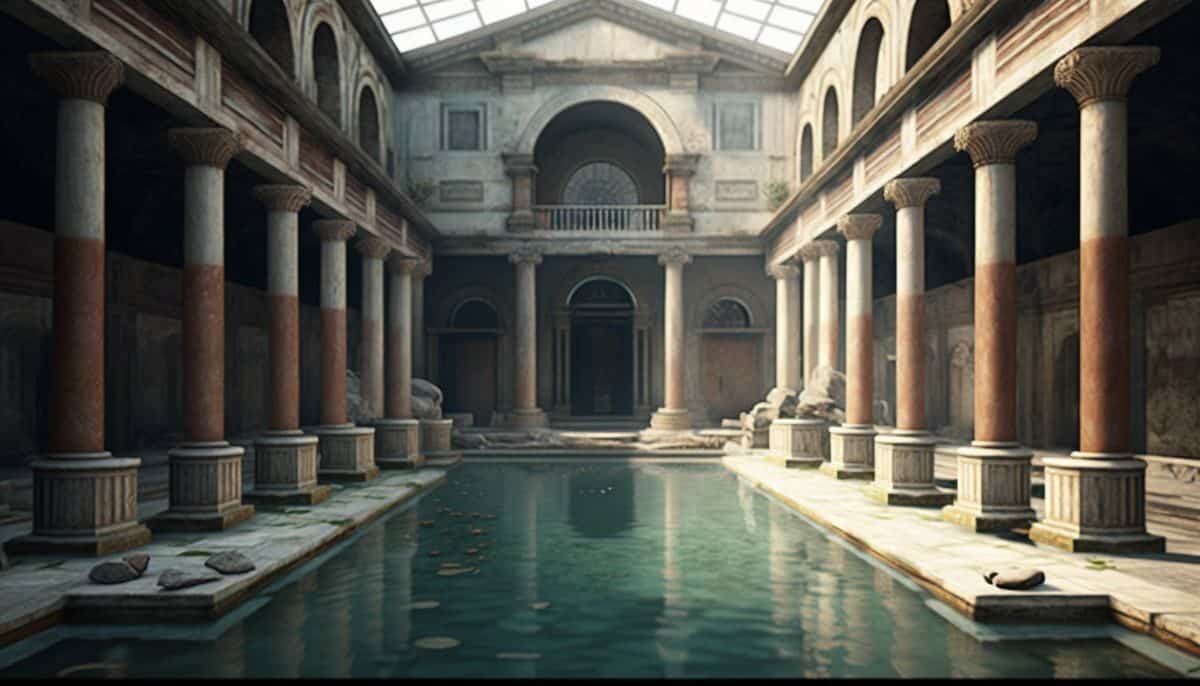
Augustus’ famous quote, “I found Rome a city of bricks and left it a city of marble,” is a testament to the significant transformation under his rule.
When he ascended to power, Rome paled in comparison to other great cities of the ancient world, such as Alexandria. But Augustus was determined to change that and embarked on a massive building program that would leave an indelible mark on the city.
Throughout his 40-year reign, Augustus commissioned many impressive building projects that testify to his vision and ambition. These include the Temple of Caesar, the Forum of Augustus, the Arch of Augustus, and Rome’s first public baths, the Baths of Agrippa.
These structures were not only grandiose, but they also served practical purposes, such as providing much-needed public spaces and infrastructure.
In addition to these grand monuments, Augustus sponsored the construction of several aqueducts that brought fresh water to the city, significantly improving public health and sanitation.
He also oversaw a vast expansion and improvement of the Roman road network, increasing the efficiency of the courier system and facilitating travel and trade throughout the Empire.
4. Reformed Rome’s Financial System
When Augustus came to power, he inherited an incredibly corrupt and inefficient financial system that had plagued the Roman Republic for centuries. As a result, one of his highest priorities was to implement sweeping reforms to bring order and stability to the Empire’s finances.
The Emperor began by tackling the issue of private tax farmers, who had long exploited the provinces for their own gain. These corrupt businessmen, known as The Publicani, had been able to manipulate the system to their advantage, squeezing as much as they could out of the population.
Augustus recognized the need to eliminate this practice and replaced the private tax farmers with a public system directly overseen by the state. This allowed for greater transparency and accountability, ensuring that the taxes collected were put to their intended use.
In addition to this, Augustus also standardized several taxes, such as the sales tax and property tax, making them easier to collect and administer. This simplified the tax system and helped to reign in local governors who had previously been able to use their positions of power to extract excessive taxes from their subjects.
Augustus’ financial reforms had a significant impact on the Roman Empire, helping to restore confidence in the government and laying the groundwork for future economic growth and stability.
5. Augustus Began the Pax Romana.
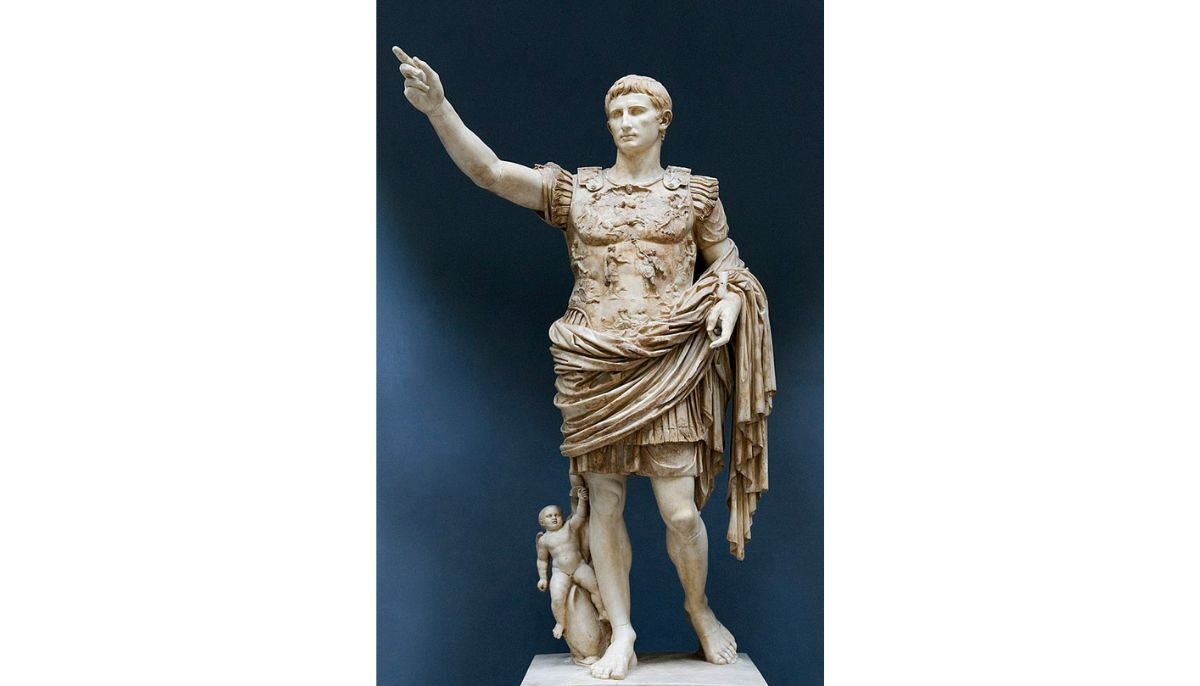
Augustus’ military campaigns during the early years of his reign were instrumental in expanding the Roman Empire’s borders and consolidating its control over new territories.
His generals were busy subduing regions such as the Balkans and Asia, bringing them under Imperial control and slowly Romanizing their populations.
However, Augustus was not an expansionist at heart, and he soon believed that the Empire had reached its natural borders.
With peace secured on the Eastern flank, the Sahara desert to the south, the Atlantic Ocean to the West, and the Rhine and Danube rivers to the north, he felt the Empire had achieved its territorial goals. These borders would remain essentially unchanged until the reign of Trajan.
This period of relative peace and stability, known as the Pax Romana, is one of the most significant achievements of Augustus’ reign.
The Pax Romana also saw the spread of Roman culture and influence throughout the Mediterranean world. This expansion of Roman values and institutions helped to unify the diverse regions of the Empire under a common identity and set of values, laying the foundation for the enduring legacy of Roman civilization.
6. Created the Praetorian Guard
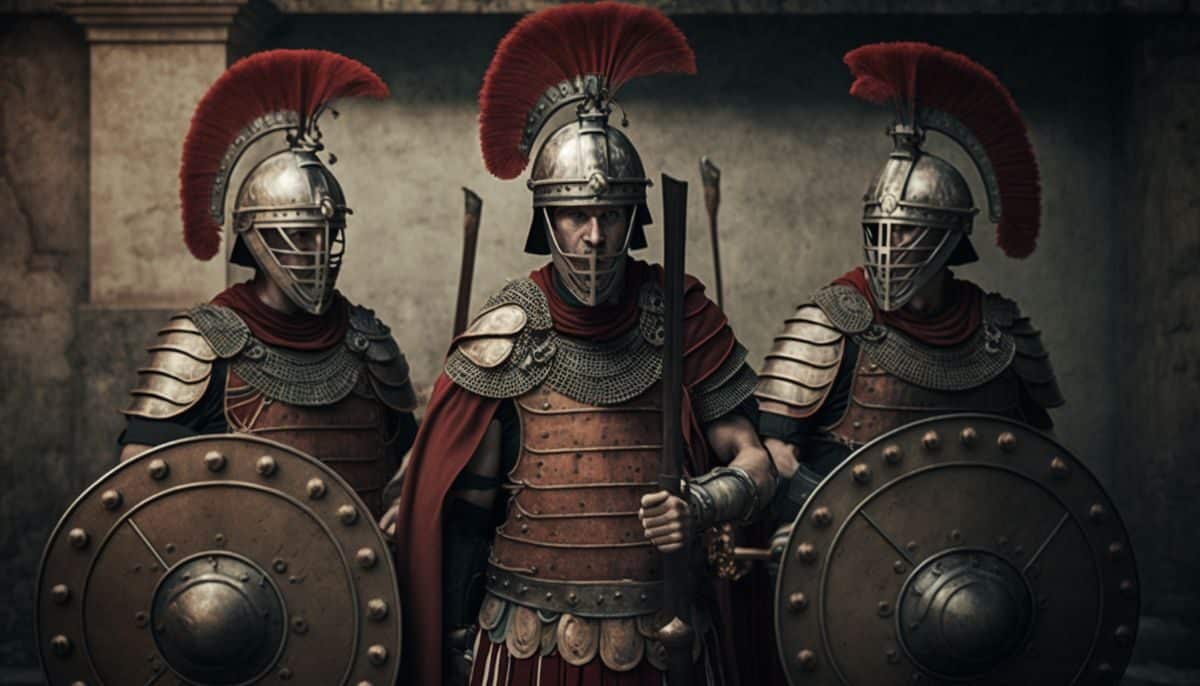
During the Roman Republic, the Praetorian Guard was a select group of soldiers who acted as a security service. They were responsible for protecting the many different political groups within the city and served as an elite fighting force in times of war.
However, with the fall of the Republic and the rise of the Julio-Claudian dynasty, the Praetorian guard’s role changed dramatically.
Augustus reformed the Praetorians and employed them as his personal bodyguard. As a result, they played a critical role in the early stability of the Julio-Claudian dynasty.
Over time, the Praetorian Guard’s power increased dramatically, making them the most important political force within the Empire. They were entrusted with the Emperor’s safety and given a central role in court politics.
However, their outsized power was also a leading cause of the crisis in later centuries.
7. Created Rome’s Police and Fire Service
Augustus understood that a stable and secure Rome was vital to his rule. Therefore, he expanded the state’s role by creating Rome’s first standing police and fire services.
The Urban Cohorts acted as the city’s police force, maintaining law and order, preventing and controlling riots, and responding to emergencies.
Previously, political violence and civil unrest had been rampant in the late Roman Republic. The Urban Cohorts played a critical role in preventing these issues from spiraling out of control. They were well-trained and equipped, with their primary duty to maintain public safety within the city.
In addition to the police force, Augustus recognized the need for a civil fire service. Before his reign, there was no organized firefighting service in Rome. Private individuals or companies controlled firefighting, often leading to corruption and exploitation.
One such example is the case of Crassus, who made his wealth by controlling a private fire service. His men would deliberately set fire to property and demand that it be sold to Crassus at a below-market rate. Then, the fire service would arrive to extinguish the fire.
Augustus recognized that such practices were detrimental to the city’s and its people’s well-being.
8. Increased Trade Within the Empire
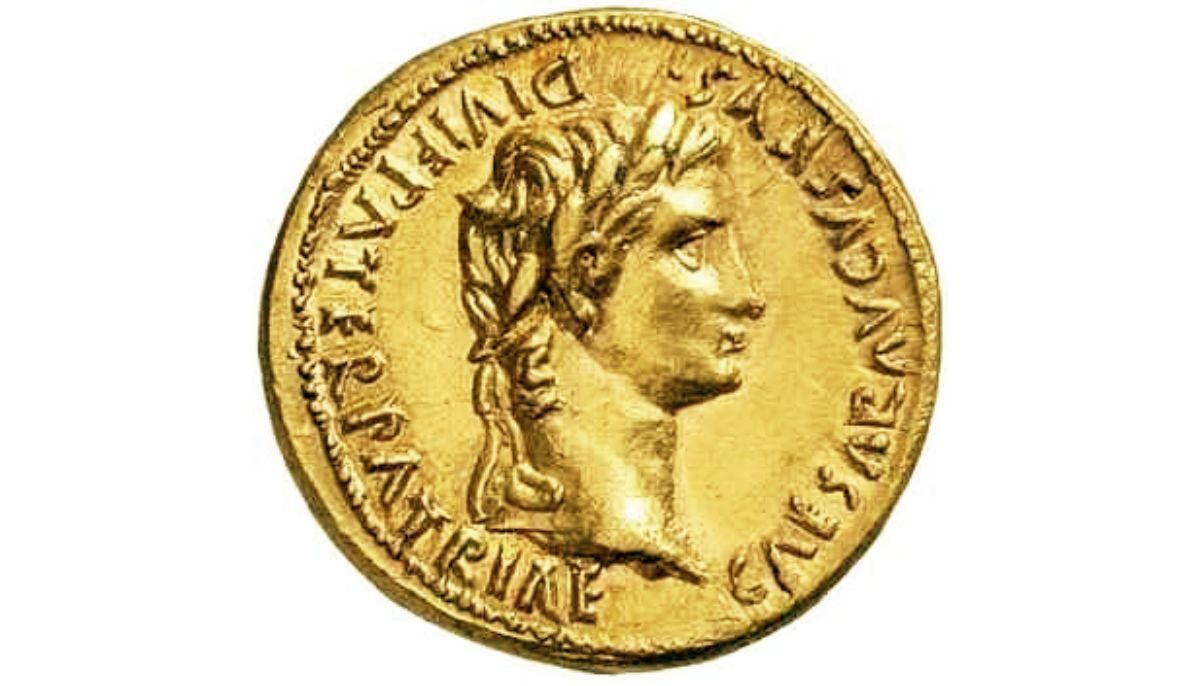
In addition to the increased trade, Augustus also encouraged the growth of industries within the Empire. He realized a strong economy was vital for the state’s success, so he actively encouraged trade and commerce.
Under Augustus, the Roman Empire’s agricultural sector grew significantly thanks to his policies that supported land reclamation, irrigation, and food distribution to the poor. This led to a boom in agricultural production and increased food supply to urban areas.
Augustus also encouraged the establishment of new colonies in underpopulated areas, which helped to increase the Roman population and expand the Empire’s markets. He supported the growth of the textile industry, which produced a range of fabrics, including wool, linen, and silk.
The Emperor’s expansionist policies and economic reforms laid the foundation for the economic prosperity that would continue throughout much of the Roman Empire’s history.
9. Augustus Intertwined Himself With Roman culture and Religion
To solidify his position as Emperor, Augustus knew he needed to be more than just a political leader; he needed to be seen as a religious figure. He cleverly used religion as a tool to maintain his power, as religion was an essential part of Roman culture and society.
Augustus restricted the scale of gladiatorial games hosted by private citizens, ensuring that larger events were state-run, thus tying himself closely to a vital aspect of Roman culture.
Augustus also linked himself to the gods through the establishment of the Imperial Cult. The Imperial Cult involved the worship of the Emperor and his family as deities. This was done through the construction of temples, the establishment of priesthoods, and the creation of rituals and ceremonies.
Augustus was not declared a god until after his death, but he laid the groundwork for the deification of future emperors. The Imperial Cult became a fundamental part of the Roman state religion, and it helped to create a sense of unity and loyalty among the people toward the Emperor.
10. Focused on His Succession Plan
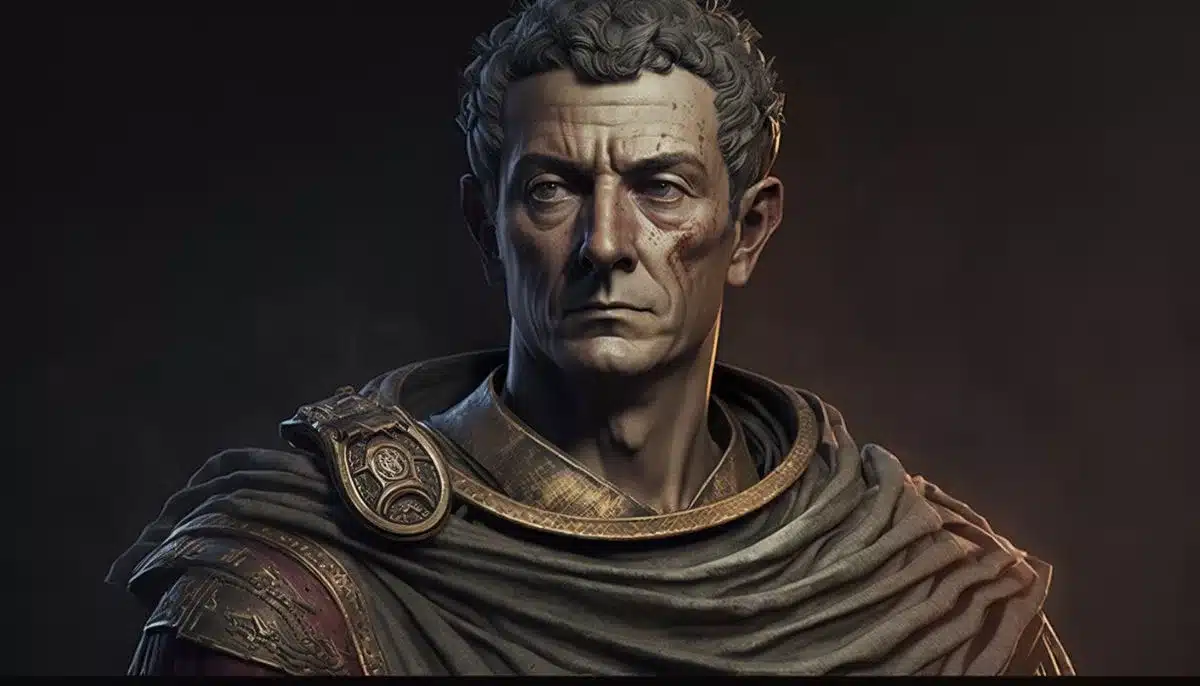
Augustus also used propaganda to promote his family and cement their place in Roman society. He ensured his family members held important positions and titles, such as consul or proconsul.
He married his daughter Julia to his closest aide and general, Agrippa. This strengthened the bond between Augustus and his general while producing heirs that would continue the family’s legacy.
Augustus’ focus on securing his family’s future and the Empire paid off. The Julio-Claudian dynasty would rule the Empire for nearly a century.
Many future Emperors paid little or no attention to it – leading to some disastrous reigns. Tiberius himself ushered in the terrible Caligula. This earned Tiberius a place on our list of The most overrated Roman Emperors of all time.
